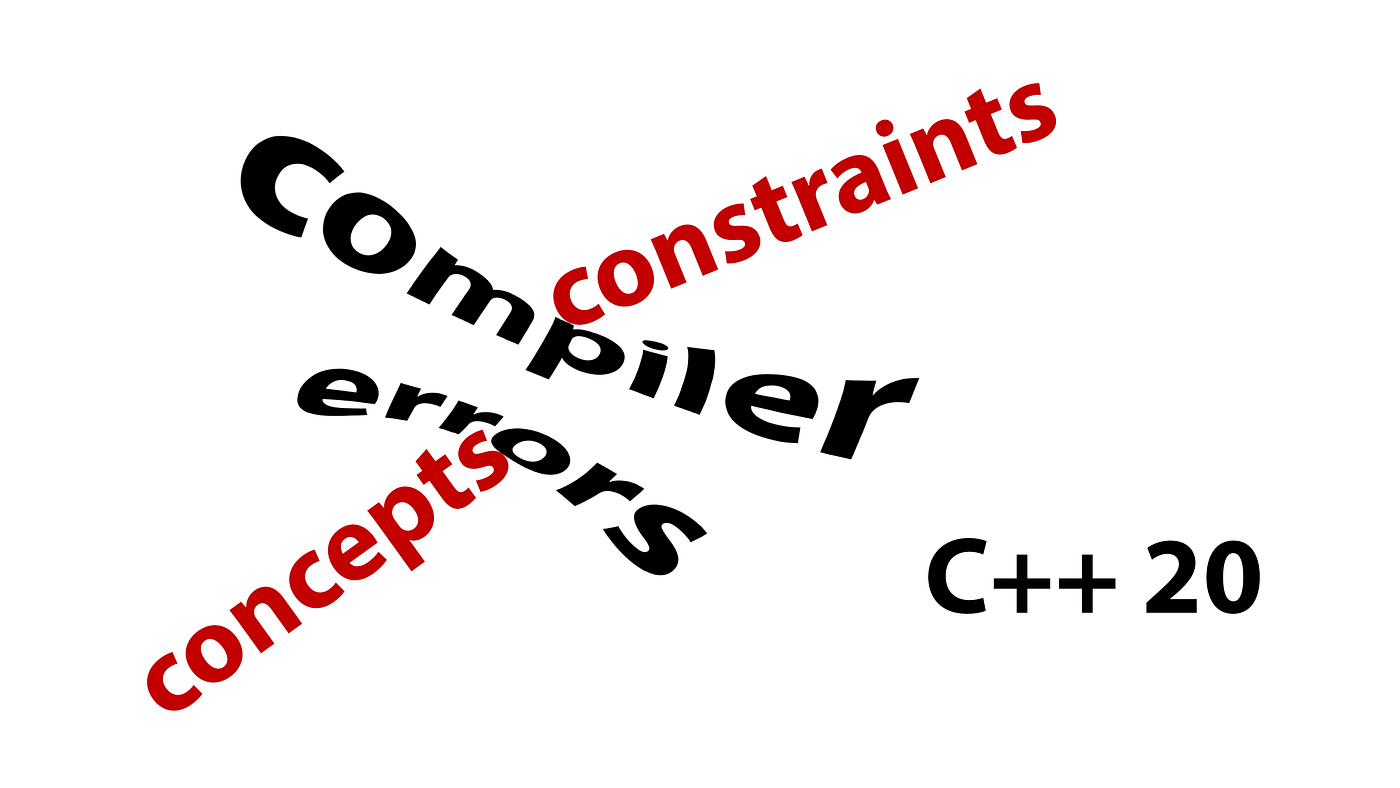Concepts — case studies--Andrzej Krzemieński
What do you think?
Concepts — case studies
by Andrzej Krzemieński
From the article:
This post has been inspired by the readers’ questions about using concepts to solve real problems. We will have a look at two such problems and see if, and how, concepts can help...

 Registration is now open for CppCon 2021, which starts on October 24 and will be held
Registration is now open for CppCon 2021, which starts on October 24 and will be held  Helping the users.
Helping the users. Registration is now open for CppCon 2021, which starts on October 24 and will be held
Registration is now open for CppCon 2021, which starts on October 24 and will be held  Registration is now open for CppCon 2021, which starts on October 24 and will be held
Registration is now open for CppCon 2021, which starts on October 24 and will be held